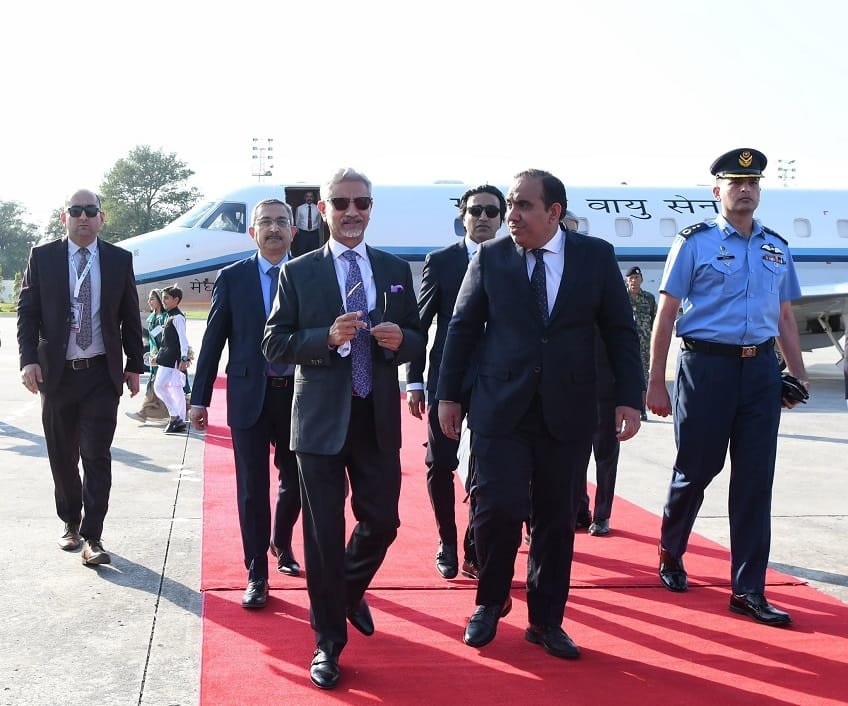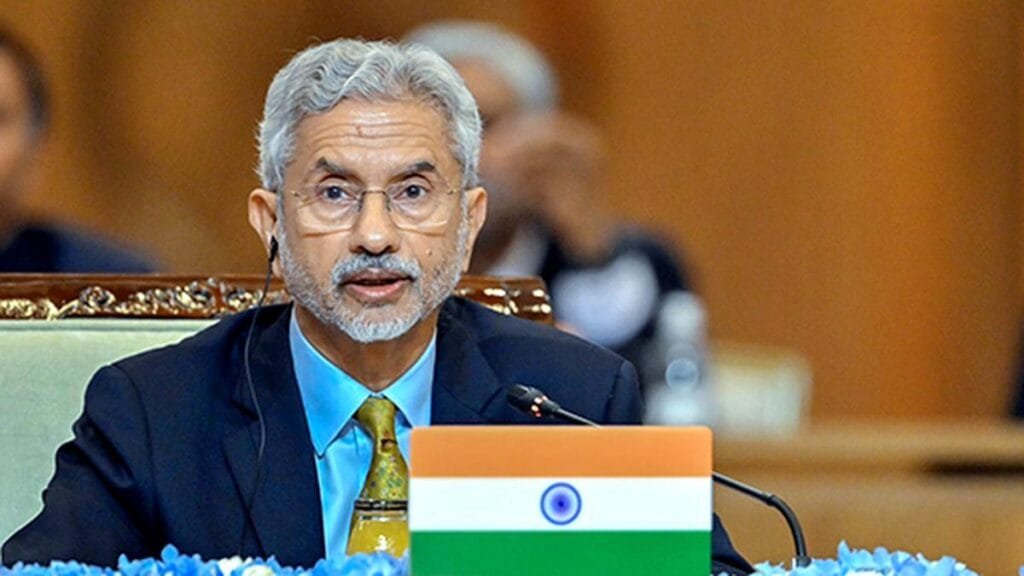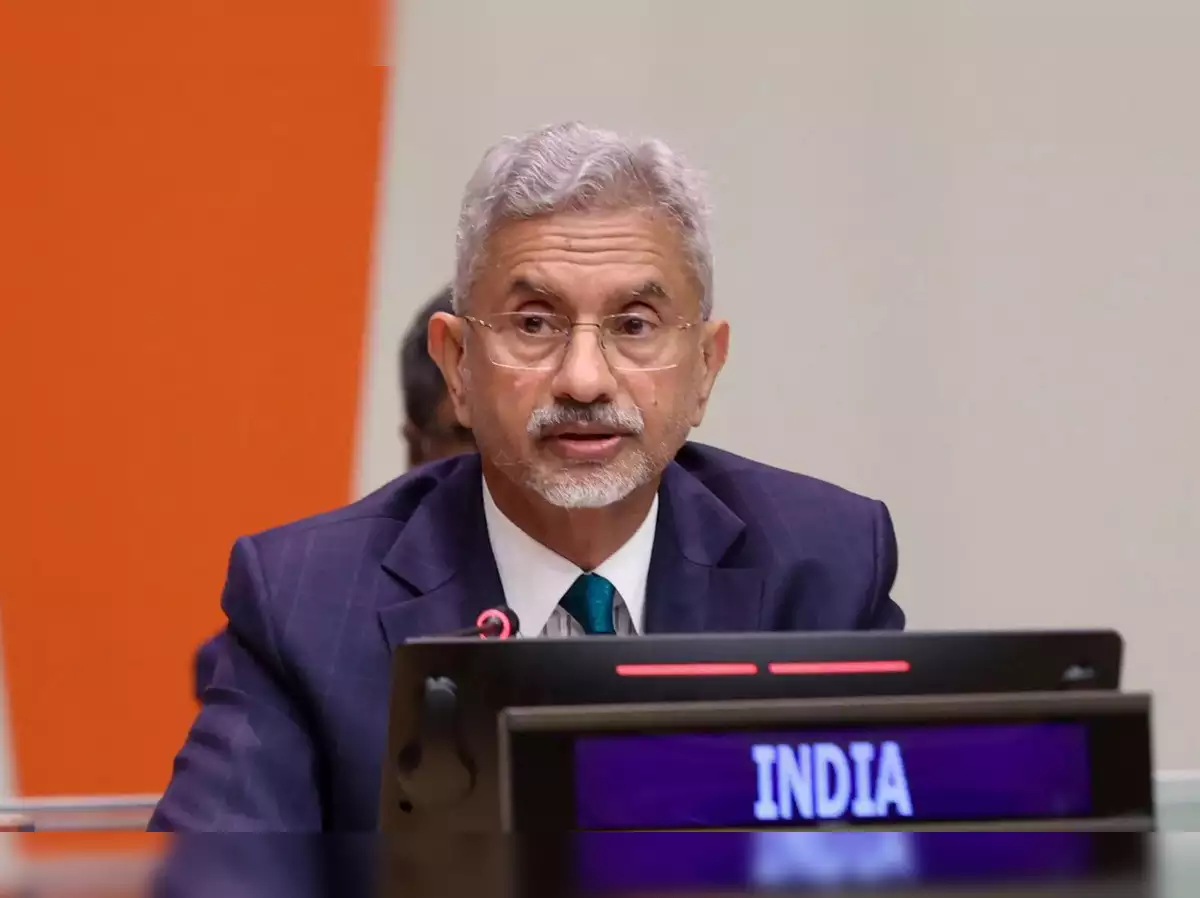Key Highlights:
India’s External Affairs Minister (EAM) Subrahmanyam Jaishankar visited Pakistan for the Shanghai Cooperation Organisation Heads of Government Summit. It is the first by an Indian foreign minister in nearly nine years, and will mark a big moment in regional diplomacy. It will take place on October 15-16, 2024. It was the last engagement in 2015. Thus, it is important in light of the current relations between the two nations. Though this trip is aimed at multilateral cooperation, it also manifests a profound shift in India’s stance on regional issues with growing importance of the SCO for Asia’s geopolitical map.
SCO Summit: A Platform for Multilateralism
Jaishankar’s visit to Islamabad comes against the background of the SCO summit, a platform for members to discuss cooperation in every issue that ranges from security and counter-terrorism to economic collaboration and cultural exchange. The SCO, comprising China, Russia, and Central Asian nations, has emerged as an important platform for discussion on regional stability and cooperation especially when power balances are shifting eastwards.

India’s involvement at this level comes as a testament to its commitment to multilateralism in the making of strategic relations with the rest of Asia. Regional heavyweights like China and Russia’s inclusion on SCO push it to the forefront of influential bodies that strive to shape Asia’s future political and economic pathway.
Jaishankar’s presence is an indication of India’s intent to meaningfully engage in such forums even in the shadow of acrimony with Pakistan over terrorism and Kashmir.
Regional Dynamics: India-Pakistan Tensions and the SCO Platform
Jaishankar’s visit comes at a time when relations between India and Pakistan are, shall we say, frosty. Belying that, however, both countries have decided to play down the multilateralisation aspect of the SCO and not let bilateral issues overawe the summit’s agenda. In the days running up to the event, Jaishankar made it clear that his visit was to attend the meeting of the SCO only and that there was no proposal for having a bilateral talk planned.

This balancing act in terms of diplomacy is noteworthy for showing that India does not intend to get directly involved on topics of contention but is keen on cooperating with the region. Still, the fact that both Indian and Pakistani leadership will be represented at the same summit can attract many international watchdogs and serve as a rare moment when both countries sit in one room despite the multilateral context.
The SCO in Regional Stability
The Shanghai Cooperation Organisation has gradually become a more prestigious body from the time of its inception since the member countries have been working together on very serious issues. India and Pakistan joined the organization in 2017 and since then, SCO has emerged as an imperative platform for shared challenges like terrorism, extremism, and security in this region.
In this current geopolitical environment, where the tensions between major world powers have been on the rise, a larger role for the SCO in promoting peace and cooperation has become necessary now than ever before. Jaishankar’s visit also emphasizes India’s commitment to the organization and its broader regional engagement strategy.
On the eve of the South Asian Association for Regional Cooperation Summit, which will take place in Colombo next month, India and Pakistan are preparing to see each other, though not in a bilateral setting. The summit will focus on expanding economic ties, enhancing energy cooperation, and promoting cultural exchange among member states, offering a rare opportunity for both India and Pakistan to engage in constructive dialogue, albeit within a larger regional framework.
No Bilateral Talks, But a Symbolic Presence
The thawing of ties between India and Pakistan may be uncertain, but in the context of Jaishankar’s visit to Islamabad for the SCO summit, these developments will certainly be notable. Worldwide, images will readily speak volumes- that an Indian Minister of External Affairs set foot on Pakistani soil, especially after several years of diplomatic standoffs.
However, Jaishankar has clarified that his visit is strictly multilateral in nature. There is no anticipation of direct consultations between him and his Pakistani counterpart, Ishaq Dar. In fact, both countries have unanimously rejected holding bilateral talks on the sidelines of the summit.
India’s Larger Diplomatic Play
India’s inclusion in the SCO reflects India’s strategy of gradually adapting foreign policy to multi-level multilateralism with regional cooperation and partnership as its focus. The attendance at the Pakistani summit is something that reaffirms New Delhi’s commitment and active engagement in regional diplomacy, as difficult as this might be with neighbourhood partners like Pakistan.
This visit also is part of India’s overall strategy of looking for cooperation from the high-impacting Asian powers such as China and Russia to make sure that the increasingly multipolar world will not tip the scale in favor of its potential adversaries. As the SCO summit progresses, the participation of Jaishankar would underpin the powerful rhetoric on cooperation that the Indians would aggressively present while putting greater emphasis on collective security, economic growth, and even cultural ties.
Conclusion: A Diplomatic Move with Far-Reaching Implications
EAM S. Jaishankar’s visit to Pakistan for the SCO summit is quite an important moment in South Asian diplomacy, especially coming at a time of protracted tensions between India and Pakistan. In itself, the visit does not lend immediate breaks to the India-Pakistan relations, though it would certainly revive the Indian propensity for multilateralism and regional cooperation.
The world waits with bated breath to see how this summit turns out and whether the broad themes of the SCO can bring more stability to the region. For India, this is a great opportunity to show its leadership on the Asian stage while balancing its complex relationships with countries in the neighborhood.
For Latest News Updates Click Here
